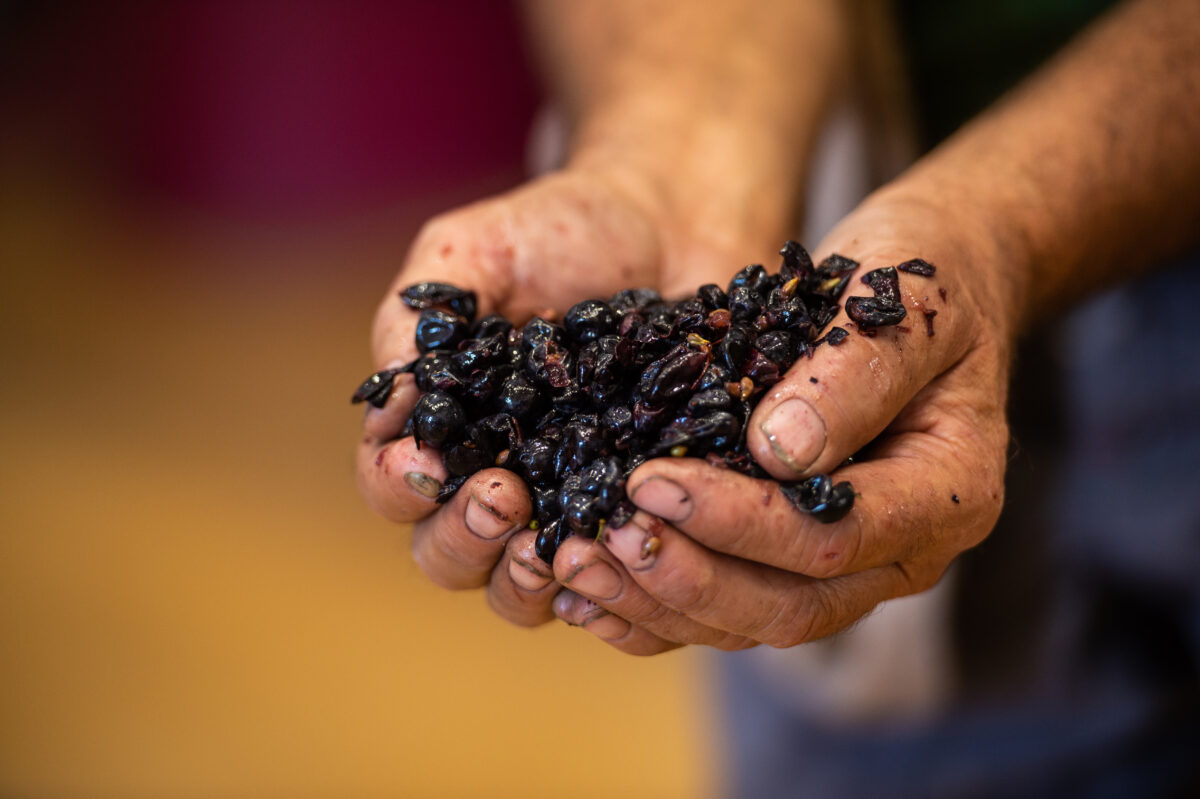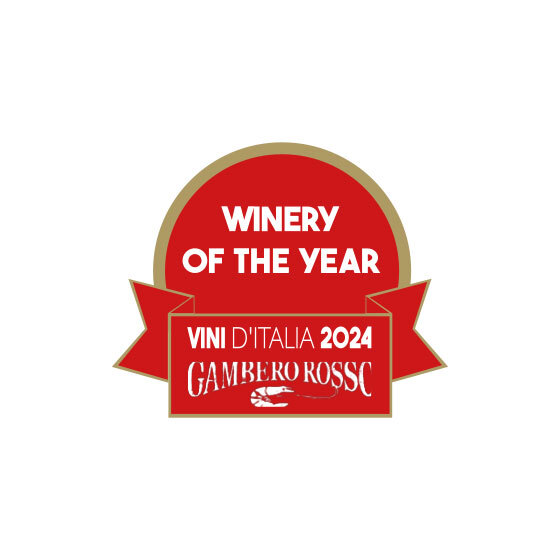Sustainable Practices: Our 10-Point Approach
For over twenty years, we have chosen to embrace a responsible and sustainable development model, investing in technology, research and advanced agricultural practices, with the aim of minimising environmental impact and creating value for employees, communities and the territories in which we operate.
We have outlined in 10 points our commitment and the practices we apply in every aspect of the company’s activity: from the sustainable management of vineyards to the selection of packaging materials, and the reduction of energy and water consumption.
Here is a summary of our sustainable approach.
Organic farming rooted in the territory. The application of organic practices in the vineyard represents for Umani Ronchi a vocation even before a choice. As early as 2000 in Abruzzo, since 2013 in the Verdicchio Hills and since 2016 in Conero, the company has undertaken a path that places soil health and respect for the vine at its core. A process made possible by favourable climatic conditions and by the awareness that healthy soil is the essential basis for quality wines.
Sustainable vineyard management. Today 100% organic, it is based on the care of soil biodiversity, through the conservation of organic matter with cover crops and green manures. In addition, we protect ecosystems: 85% of the land is dedicated to vineyards, while the remaining 15% is preserved as as woodland, lakes, and natural areas – ideal habitats for beneficial insects and native wildlife. An efficient, low-impact energy model. On the energy efficiency front, Umani Ronchi covers about 50% of its annual needs thanks to a 1,300 KW photovoltaic system and uses exclusively renewable electricity.
Sustainable water management. In the vineyard, emergency drip irrigation is used on only a very small portion (7–8%) of the vines, while in the cellar water is recovered and reused for irrigating green areas.
Lightweight, recyclable and low-impact materials. The choice of materials follows the same responsible approach: lightweight glass bottles significantly reduce CO₂ emissions throughout the entire logistics chain, while synthetic corks made from sugar cane are fully recyclable. Labels and new packaging are also designed with a circular economy perspective.
Research and innovation. In collaboration with the Polytechnic University of the Marche, the company has launched research projects aimed at creating a model of intelligent and sustainable viticulture. In particular, an innovative project for the management and optimisation of water resources in vineyard cultivation has been carried out, and more recently a new project has been launched to develop and research agronomic practices useful for mitigating climate change.
Sustainability as an investment in the future. In recent years, Umani Ronchi has allocated over 1 million euros to the sustainable renewal of winery technologies, with the aim of improving efficiency and reducing the environmental impact of production activities. A consistent and ongoing journey that reflects the company’s commitment to continue investing in sustainability, the enhancement of artisanal production and the protection of the land, affirming a business model capable of combining innovation, respect and responsibility.



